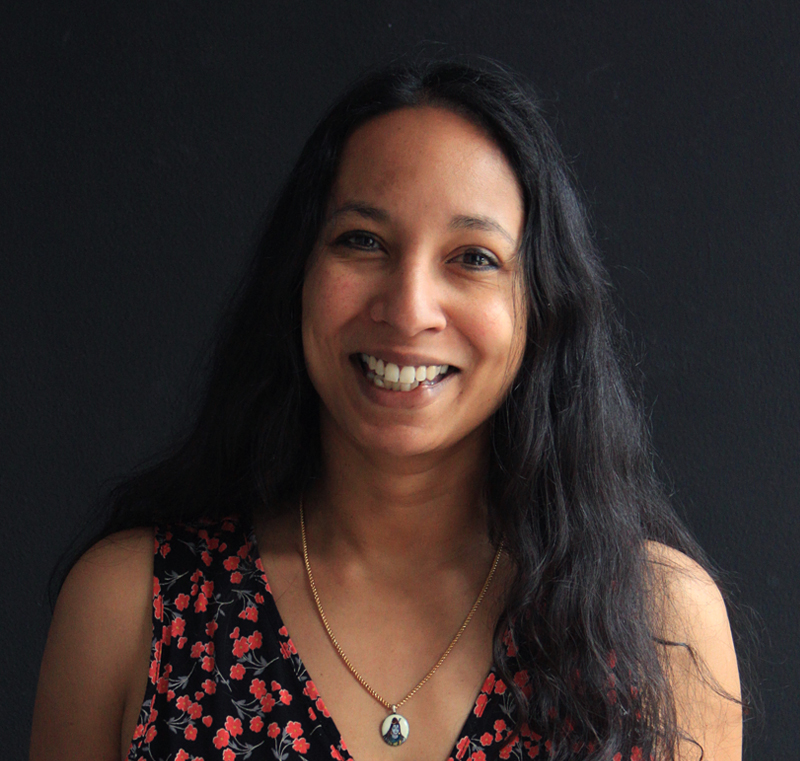Slavery touches all of our lives, from the products we put in our shopping baskets to our mobiles and other technology. The commoditisation and subsequent exploitation of human beings is rife and shows no signs of receding. It is estimated that over 35 million people are being exploited in this way across the world, and within that, some 13,000 people here in the UK according to conservative estimates. Yet, apart from the guilt pangs I felt occasionally whilst shopping, I had no real way of connecting myself to anything like a solution to such a huge crisis.
But back in December last year James Durie, Bob Durie and I met with an amazing man named Andrew Wallis. Andrew is the CEO of Unseen, a charity aiming to end modern day slavery within our lifetimes. No small feat, but the impending Modern Slavery Act, due in the next couple of months (hopefully March before purdah), will be world-changing if we can give it teeth and support it. What I learned over coffee that morning changed how I viewed myself as a technologist and a business leader, because for the first time I could see how our involvement with our city region as the West of England Initiative could make a significant start in tackling slavery, something that Bristol in the darkest parts of its past as a port city was no stranger to.
Following that meeting, we did what the Initiative does best; we pooled our contacts and resources and resolved to make the Greater Bristol region the leading light in making the Modern Slavery Act fit for achieving the end goal. We realised that without a robust method of measuring slavery in the supply chain and business practices, the Act would be unenforceable. So we connected Unseen with the Centre for Citizenship, Enteprise and Governance (CCEG), which is conducting wiki-university research with more than 40 universities internationally in this area using the single number metric, the S/E ratio. Together with Professor Olinga Ta’eed, we quickly planned for Bristol to be at the heart of a pilot to enable academics to connect with organisations with large supply chains willing to participate in exploring how to measure and influence where exploitation might occur. We introduced Unseen to our business networks and slowly but surely some like-minded business leaders offered up their time and resource to join with us.
We have since talked with both the Cabinet Office and the Home Office and the pilot is quickly gathering momentum and some eyes from very high up are watching Bristol with interest. We are the city region where the unexpected can and does happen. We’re not afraid of making mistakes in order to achieve a bigger vision and we’re in it for the long haul. Slavery was a part of our past but we can be the vanguard, the first city to dismantle the part slave labour plays within the darkest parts of our supply chains, link by link.
None of this can happen without your help. If you want your organisation to either sponsor or take part in our pilot (being run jointly between Semantrica, our social enterprise arm, and Unseen), and are prepared to share details of your accounts, supply chain and CSR activity, you can find out more from http://www.semantrica.com/ending-slavery-data, where you can find out more and apply. The Act itself will probably focus on compliance from companies with turnovers above £60M (subject to consultation), but £10M upwards will enable us to gather data from suitably substantial supply chains in order to make the metric fit for purpose.
As ever we will keep you posted on progress.

